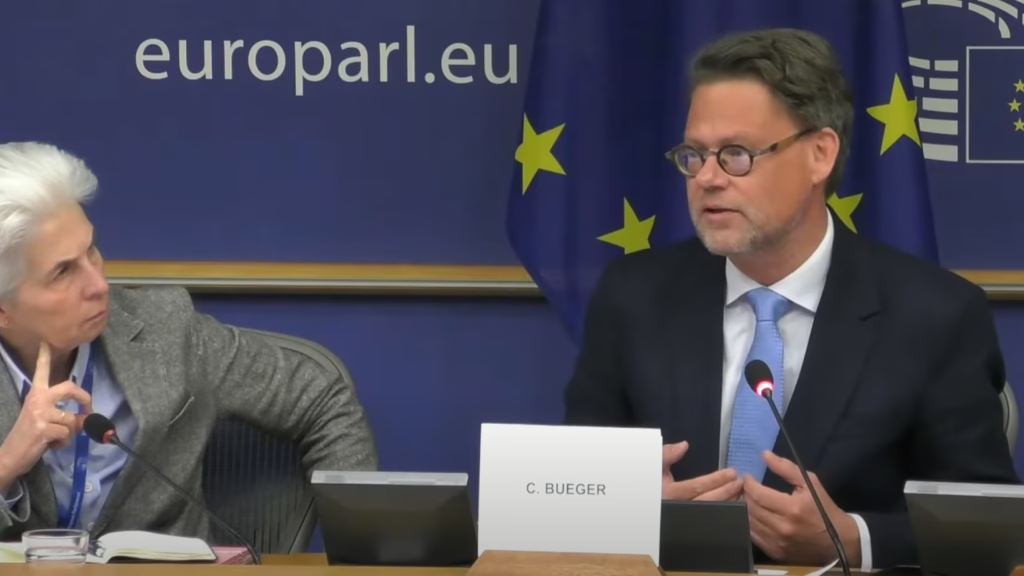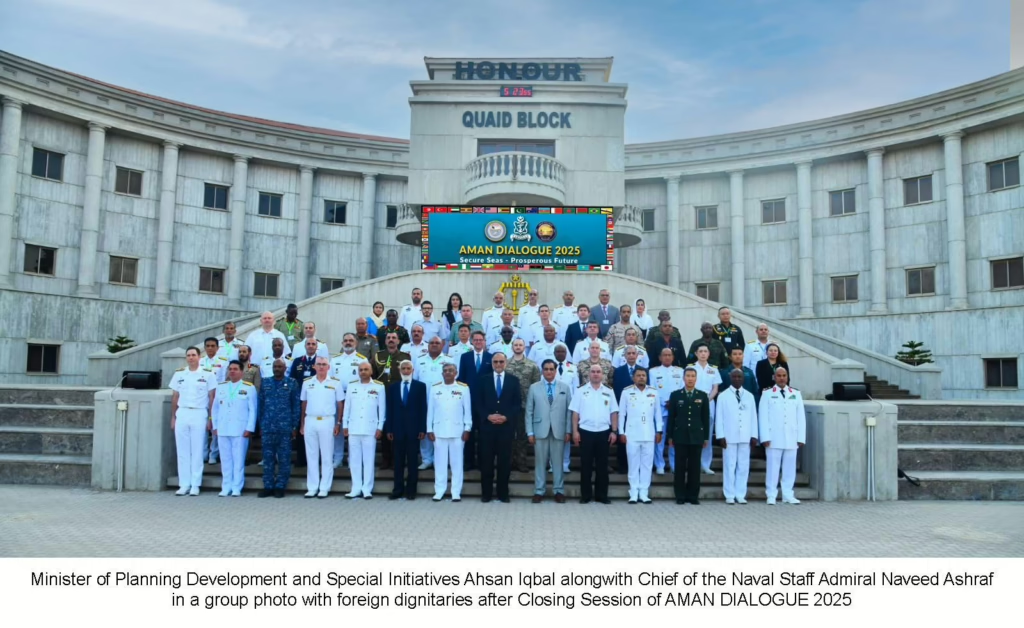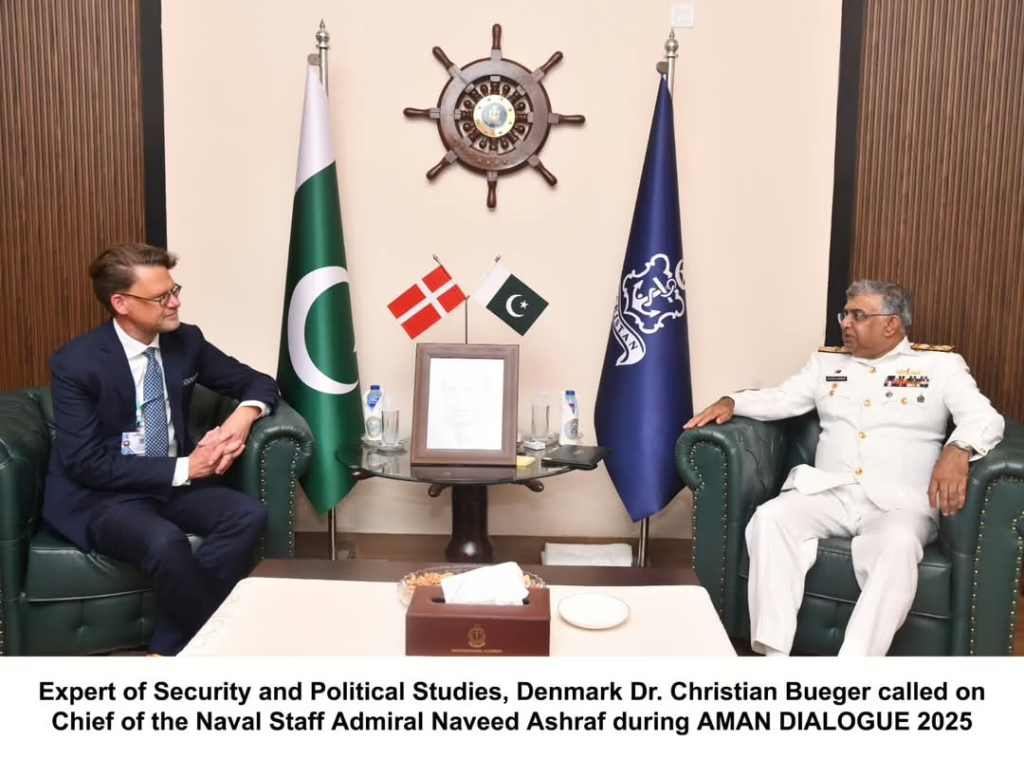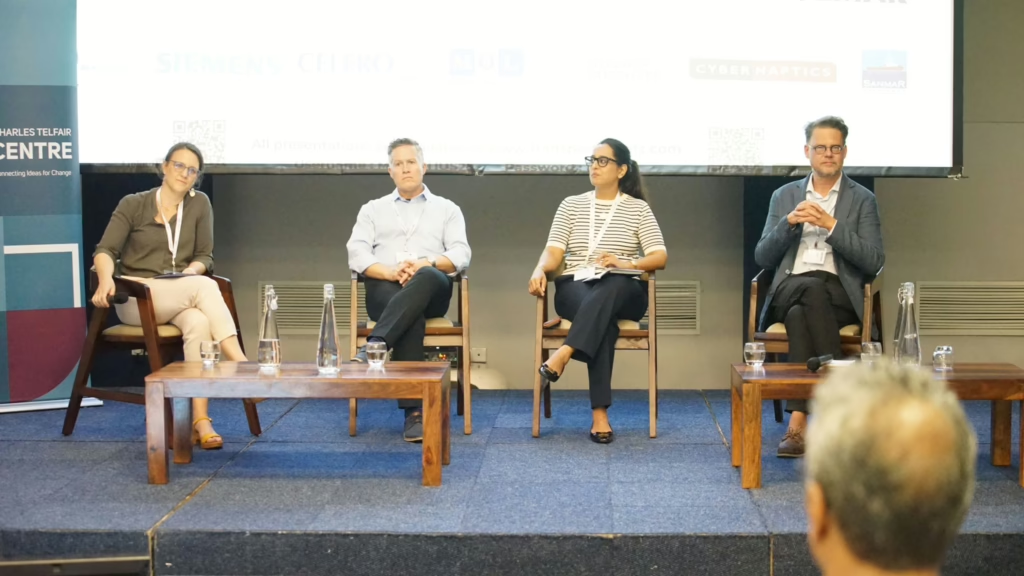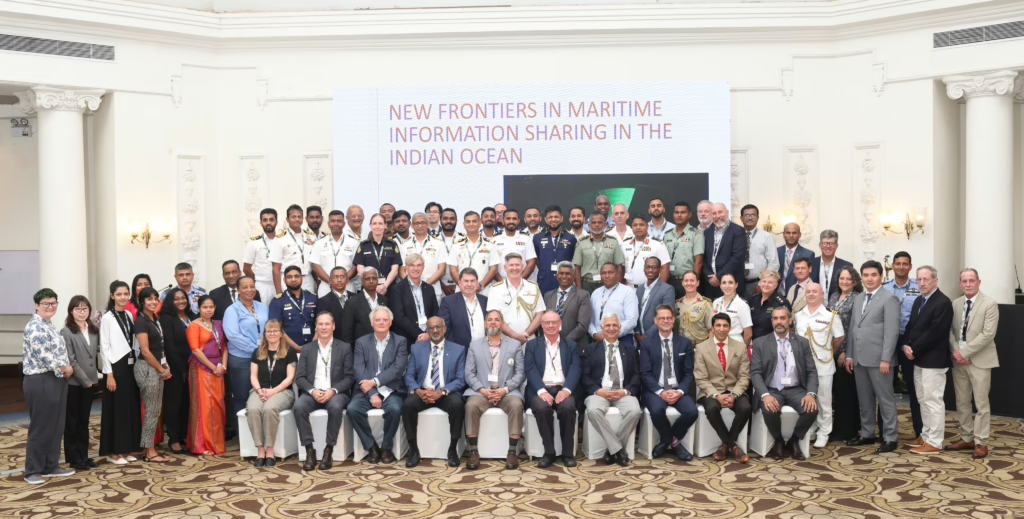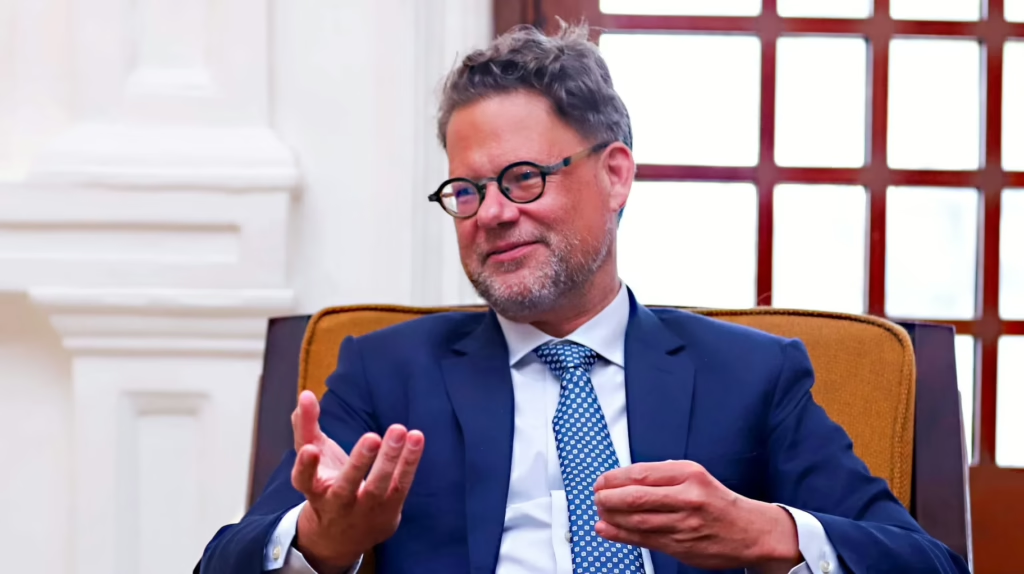Among international naval conferences, the International Maritime Security Conference (IMSC) of the Singapore Navy stands as the most significant for Southeast Asian countries. Over the past few days, I had the pleasure to attend at Changi Exhibition Centre.
The event featured distinguished speakers from academia alongside representatives from the maritime security forces of Canada, Germany, Indonesia, Japan, Malaysia, New Zealand, Sri Lanka, and the United States. Participants reaffirmed their commitment to information sharing, capacity building, and upholding the status quo, while addressing current challenges. As in previous years, IMSC was also a major gathering of global maritime security experts, including participants from China, Europe, and the United States.




Key take aways:
- The South China Sea situation remains central to the regional maritime security agenda, though discussions carried a more optimistic tone than in previous years.
- Critical maritime infrastructure protection has emerged as a priority for regional states, with particular focus on subsea data cables. ASEAN could potentially develop coordinated efforts in this direction.
- The proliferation of autonomous weapon systems and strategies for responding to grey zone operations represent the most challenging issues currently facing the region.
This shows how such events are a useful barometer for how security discourse is developing, which is one of the arguments which I am developing in a new project on the impact of global military gatherings.
